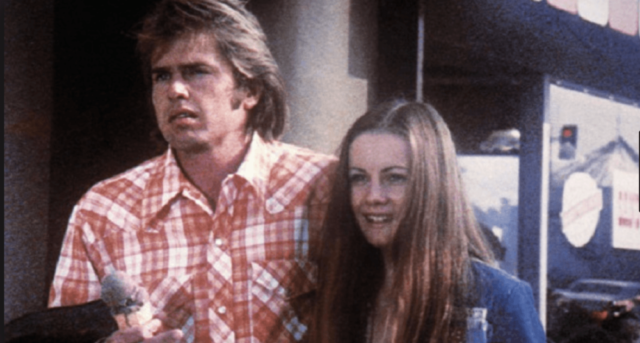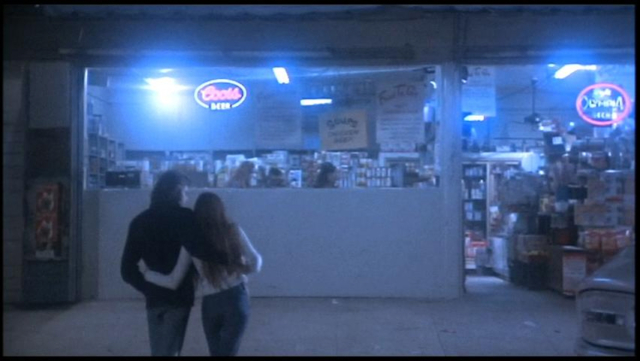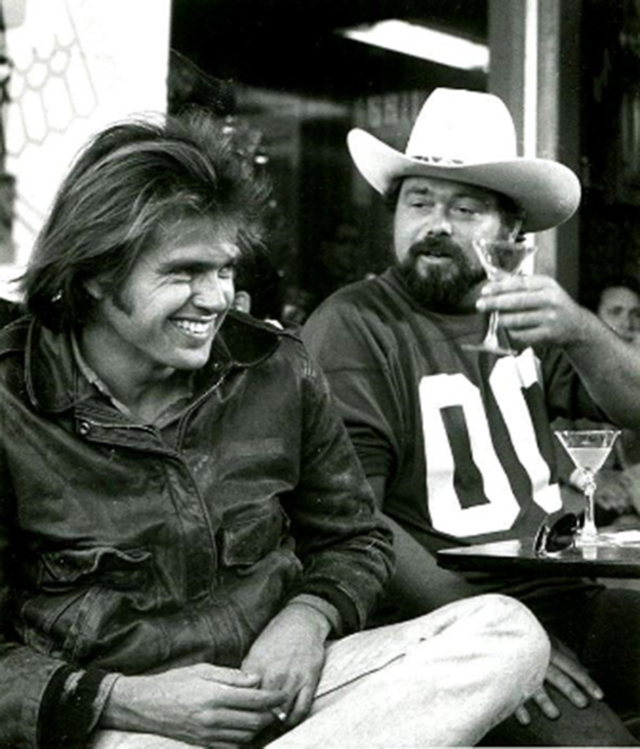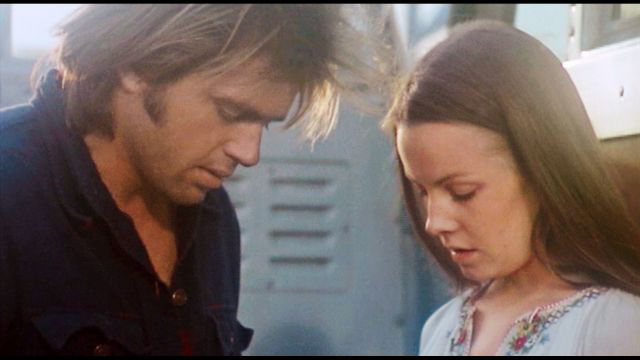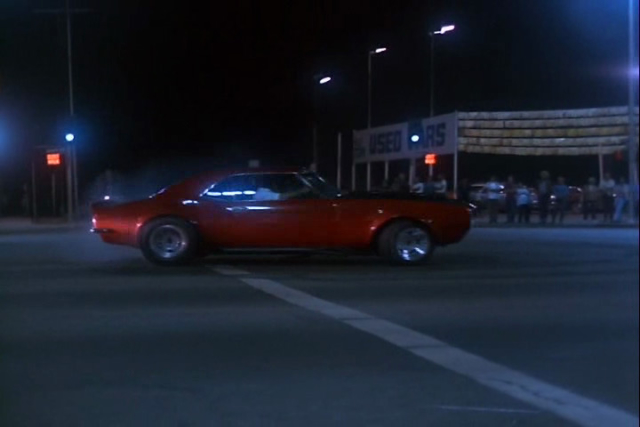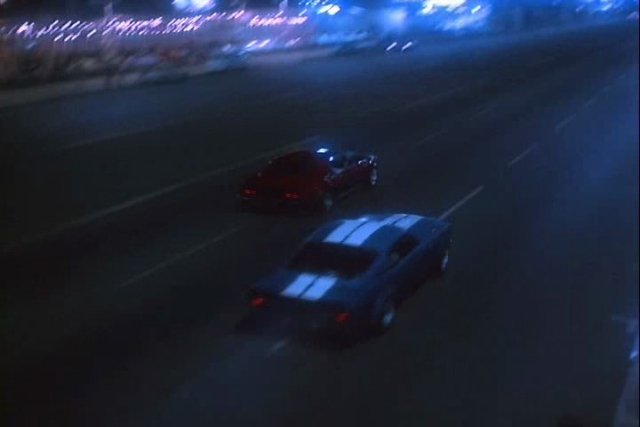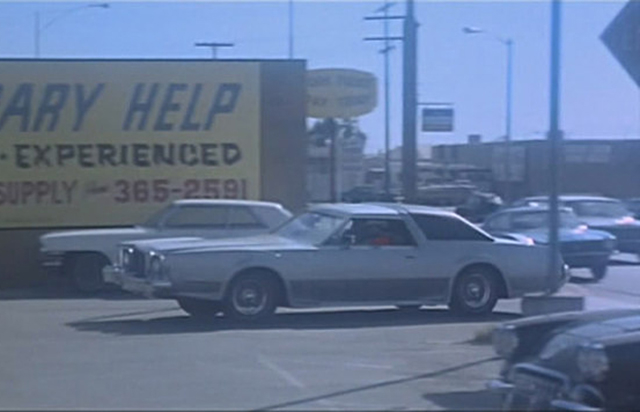One of the great perks of having written this column for roughly two years now is that it has introduced me to films I have previously not heard of, let alone seen. Between reader recommendations and my own personal searches for movies to review, quite a few gems have been brought to my attention, like the subject of this month’s Rob’s Car Movie Review, a forgotten flick entitled Aloha, Bobby and Rose.
Produced by Cine Artists International and distributed in the United States by Columbia Pictures in 1975, Aloha, Bobby and Rose was written and directed by Floyd Mutrux, who also directed “The Hollywood Nights.” [2]
Aloha, Bobby and Rose features Paul Le Mat just after his star-making turn in American Graffiti, in addition to Dianne Hull, Tim McIntire, Robert Carradine, and Edward James Olmos stars in a small role.
In the movie, Le Mat’s character, Bobby, is a young, long-haired hellion living in Los Angeles, California. Bobby works as a mechanic at a San Fernando Valley auto shop and meets Rose, a single mother played by Hull, when he returns her car to her at the car wash she works at. Unsuccessful at getting a ride back to his shop, Rose agrees to drive him after work. Bobby parlays the ride home into a date with Rose for the evening.
During the date they stop by a liquor store to purchase a bottle of wine. Bobby pulls a prank on the teen-aged store clerk by pretending to hold him up, but the hijinks turn sour when the shop owner emerges from the stock room with a shotgun and points it at Bobby. Rose instinctively hits the man over the head with a bottle which causes him to accidentally pull the trigger and kill the young clerk.
Bobby and Rose are sure the authorities won’t believe what really happened in the liquor store so they flee.
En route to San Diego, they meet a wealthy Texan by the name of Buford (McIntire) and his wife, who are aimlessly wandering the country by car. The two couples decide to go to Tijuana, Mexico together.
After some time, Bobby and Rose decide to stay in Mexico where they can evade prosecution for the liquor store incident indefinitely, but Rose wanted to return to Los Angeles to get her son, who had been looked after by her mother. Upon their return to Los Angeles they pick up Rose’s son, but attract the attention of the police, putting their plan to flee and live as a family together in jeopardy.
For a 1970s ‘B-list’ movie, Aloha, Bobby and Rose is a surprisingly watchable and well-crafted film. In part, this can be attributed to evocative cinematography by William A. Fraker, known for his work with Bullitt and Rosemary’s Baby, however, the actor’s performances yield the most weight here. Le Mat is wonderful, but Tim McIntire steals the movie. The film also charmed me with its depiction of a mid-1970s Los Angeles.
For the car nut, there is plenty to enjoy in the movie. Bobby’s 1968 Chevrolet Camaro is the star of the show with its cherry red paint, blacked out hood with pins, flared bodywork, side-pipes and massive tires on Ansen Sprint wheels. Loud and brash, the car is a beauty to behold, and is given the spurs on a number of occasions, such as the epic burnout pulled in the middle of Van Nuys Boulevard.
Other muscle in the film includes a 1973 Mustang and a ‘Cuda, both in drag spec, along with an exquisite 1965 Shelby GT350. For those gear-heads who are more appreciative of luxury, Buford’s boat-sized 1973 Lincoln Continental Mark IV should please the eyes.
Aloha, Bobby and Rose is the kind of film that would never get made today. Like Vanishing Point and Two Lane Blacktop, it is an existential road movie with no intricate plot or big message to drive home. It stands on its own for what it is: an enjoyable piece of automotive laced nostalgia.
I give the film six and a half out of ten pistons.

